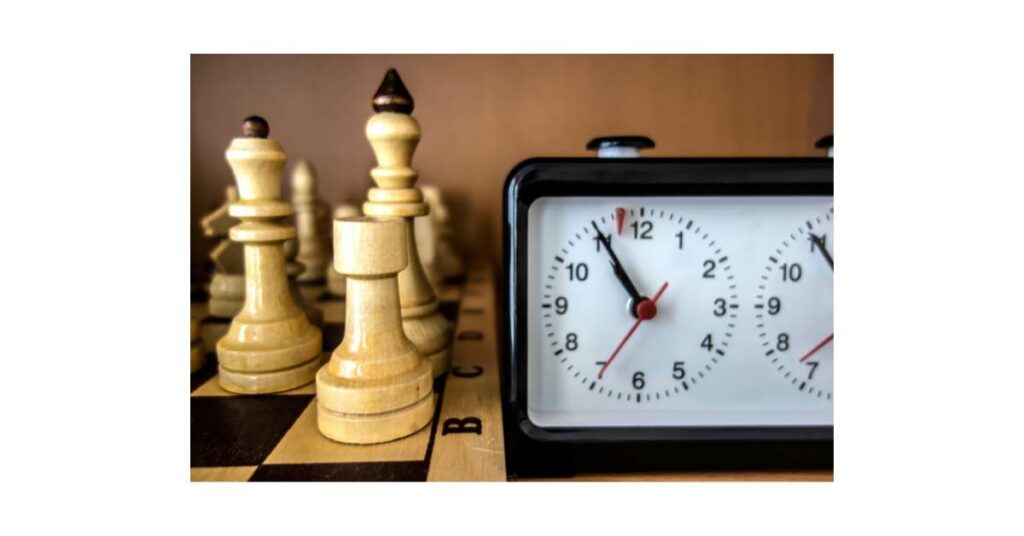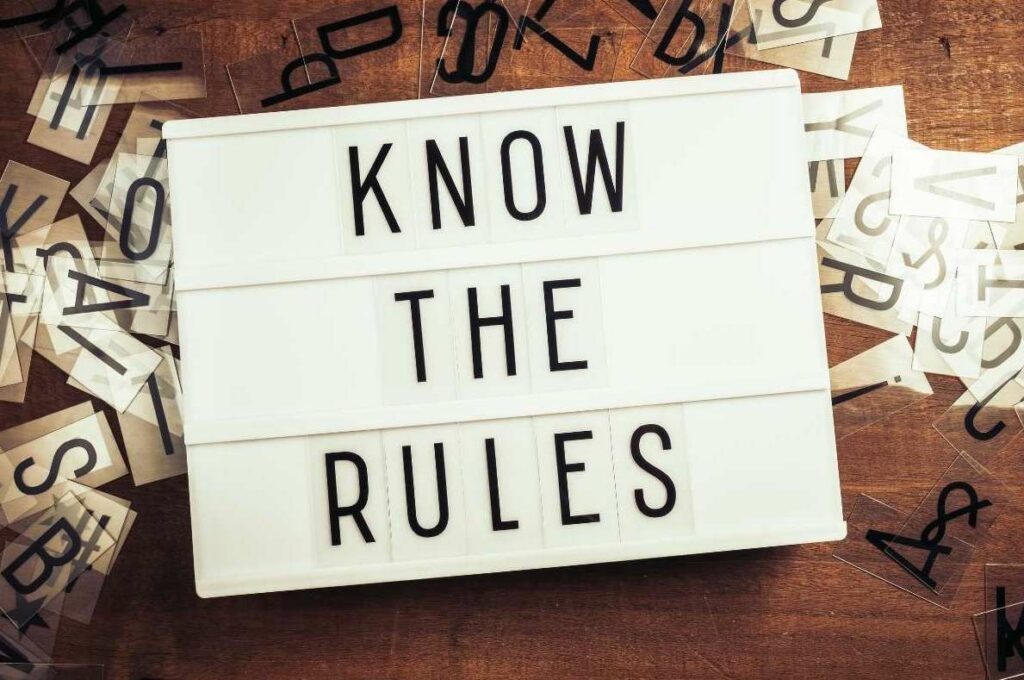Chess is one of the most popular board games in the world. It is a game of strategy, patience, and skill that has been played for centuries. One of the most common questions asked by chess players is how long does the average game of chess last?
The answer to this question is not straightforward. The durations of chess game can vary widely depending on a number of factors.

Some games can be over in just a few moves, while others can last for hours or even days. In this article, we will explore the different factors that can affect the length of a chess game and try to provide a general answer to this question.
History of Chess
Chess is a two-player strategy game that has been played for centuries. Its origins can be traced back to ancient India, where it was known as Chaturanga. The game spread to Persia and then to the Islamic empire, where it was further developed and refined. From there, it spread to Europe, where it became the game we know today.
The modern game of chess has been played in its current form since the 15th century. The rules have remained largely unchanged since then, although there have been some minor modifications and variations over the years.
Chess has been played by people of all ages and backgrounds throughout history. It has been used as a tool for teaching strategy and critical thinking, as well as for entertainment and competition. The game has even been used as a metaphor for war and politics, with players using their pieces to outmaneuver and defeat their opponents.
Today, chess is played all over the world and has a thriving competitive scene. There are numerous international tournaments and championships held each year, and the game is enjoyed by millions of people of all ages and skill levels.
Rules and Regulations
Chess is a game of strategy and skill. The rules of chess are relatively simple, but the game can be complex and challenging to master. Here are some of the basic rules and regulations of chess:

- Each player starts with 16 pieces: one king, one queen, two rooks, two knights, two bishops, and eight pawns.
- The game is played on a board with 64 squares, alternating between black and white.
- The objective of the game is to checkmate the opponent’s king, which means putting the king into a position where it is in check (under attack) and there is no way to move it out of check on the next move.
- Players take turns moving their pieces, with white moving first.
- Each chess piece moves in a specific way, with the queen being the most powerful piece on the board.
- Players can capture their opponent’s pieces by landing on the square occupied by the opponent’s piece.
- A pawn can be promoted to any other piece (except a king) if it reaches the opposite end of the board.
- A player can claim a draw if the same position occurs three times, or if there have been no captures or pawn moves in the last 50 moves.
While these rules may seem straightforward, they can lead to complex and strategic gameplay. Players must constantly think ahead and anticipate their opponent’s moves in order to succeed in the game.
Factors Affecting the Durations of a Chess Game
Chess is a game of strategy and patience. The duration of a game can vary greatly depending on several factors. Here are some of the factors that can affect the length of a game:

- Experience level: The experience level of the players can greatly impact the duration of a game. Novice players may take longer to make their moves, while experienced players can make faster decisions.
- Strategy: The strategy used by the players can also impact the duration of a game. Players who use a defensive strategy may prolong the game, while players who use an aggressive strategy may end the game quickly.
- Time control: The time control set for the game can also impact its duration. Games with shorter time controls can result in faster games, while games with longer time controls can result in longer games.
- Number of pieces: The number of pieces on the board can also impact the duration of a game. Games with fewer pieces may be quicker, while games with more pieces may take longer.
- Player temperament: The temperament of the players can also impact the durations of a chess game. Players who are more cautious may take longer to make their moves, while players who are more impulsive may make faster decisions.
It is important to note that there is no set duration for a game of chess. A game can last anywhere from a few minutes to several hours, depending on the factors listed above. Ultimately, the length of a game will depend on the players and the strategies they use.
Average Length of a Chess Game
Chess is a game that requires a lot of strategic thinking and planning. As a result, the length of a game can vary widely depending on the skill level of the players, the complexity of the board, and the time controls used. In general, though, most games of chess last between 20 and 60 moves.
One of the biggest factors that can influence the length of a game is the time control. In tournament play, time controls are often used to ensure that games don’t last too long. For example, players may be given a certain amount of time to make their moves, with additional time added after each move. This helps to prevent games from dragging on for hours on end.
Another factor that can impact the length of a game is the skill level of the players. Novice players may take longer to make their moves, while more experienced players may be able to make decisions more quickly. Additionally, more skilled players may be better able to predict their opponent’s moves, which can lead to shorter games.
Overall, the length of a game of chess can vary widely depending on a number of factors. However, most games tend to fall within the 20-60 move range, with time controls helping to keep games from dragging on for too long.
Famous Longest and Shortest Games in Chess History
Over the years, there have been some incredibly long and short games of chess played. Here are some of the most famous:
Longest Chess Games
The longest game of chess ever played was between Nikolic and Arsoviic in Belgrade in 1989. The game lasted for 269 moves and took more than 20 hours to complete. The chess game ended in a draw.
Shortest Chess Game Durations
The shortest game of chess ever played was between Fidel Corrales Jimenez and Alejandro Fernandez in 2011. The game lasted just 4 moves and ended in a win for Jimenez.
Another famous short game was played between Anatoly Karpov and Garry Kasparov in 1990. The game lasted just 24 moves and ended in a win for Kasparov.
While these games are certainly extreme examples, most games of chess last between 20 and 60 moves, and take between 1 and 3 hours to complete.

Conclusion on Chess Game Durations
After analyzing the data and research, we can conclude that the average game of chess lasts around 40 moves each, which translates to approximately 2-3 hours of gameplay. However, this can vary greatly depending on the skill level of the players, the time control used, and the specific rules of the game being played.
It’s important to note that while the average game may last a few hours, some games can go on for much longer, especially in professional or tournament settings where players may take more time to consider their moves.
Additionally, it’s worth considering that the length of a game of chess is not the only factor that contributes to its overall enjoyment or value. Many players find that the strategic and mental challenges of the game make it a worthwhile pursuit, regardless of how long each individual game lasts.
Overall, while it’s difficult to pinpoint an exact length for the average game of chess, it’s clear that the game offers a unique and engaging experience that has captivated players for centuries.
- Is Chess.com Premium Worth It? - May 25, 2023
- How To Set Traps In Chess? - May 25, 2023
- Chess.com Review - May 25, 2023
